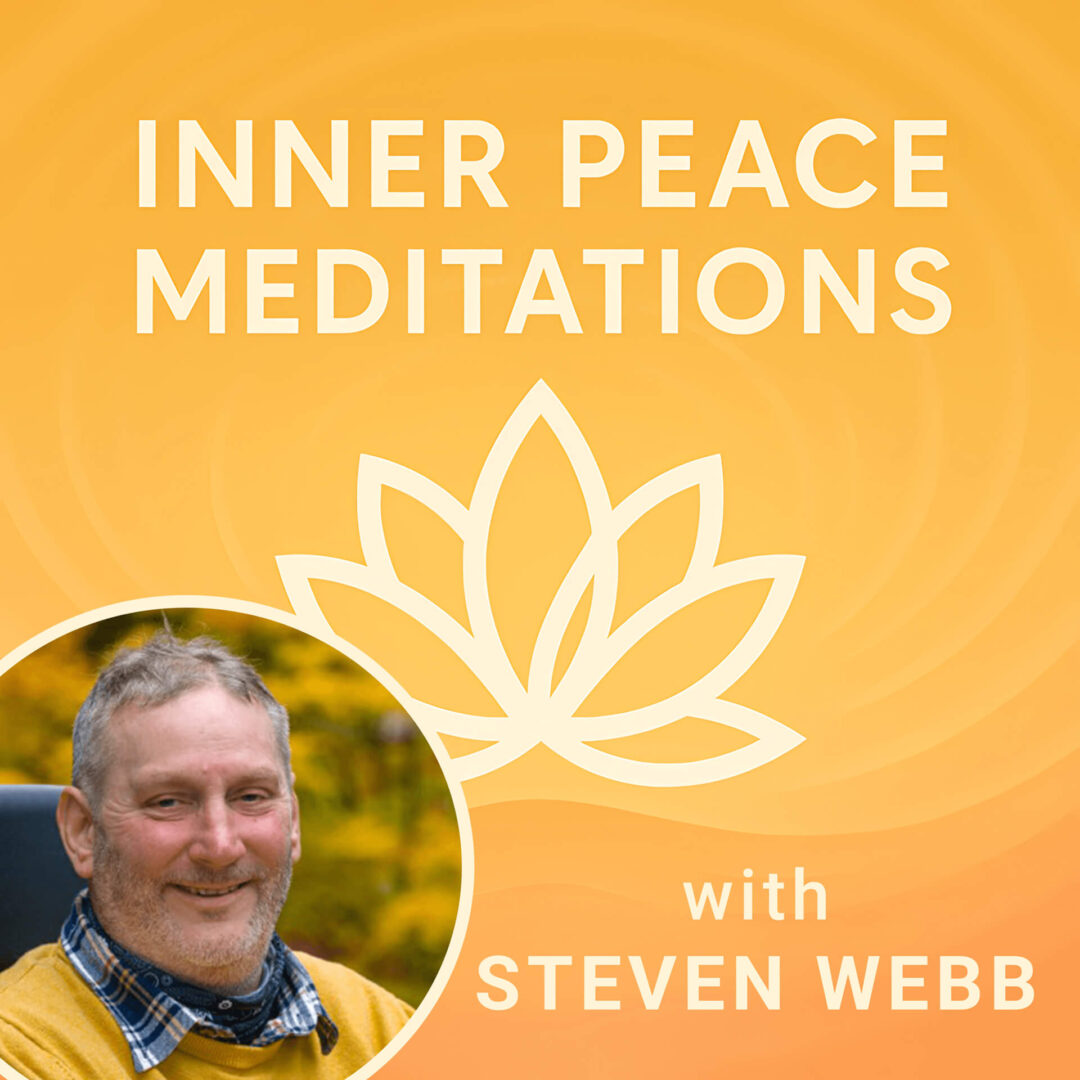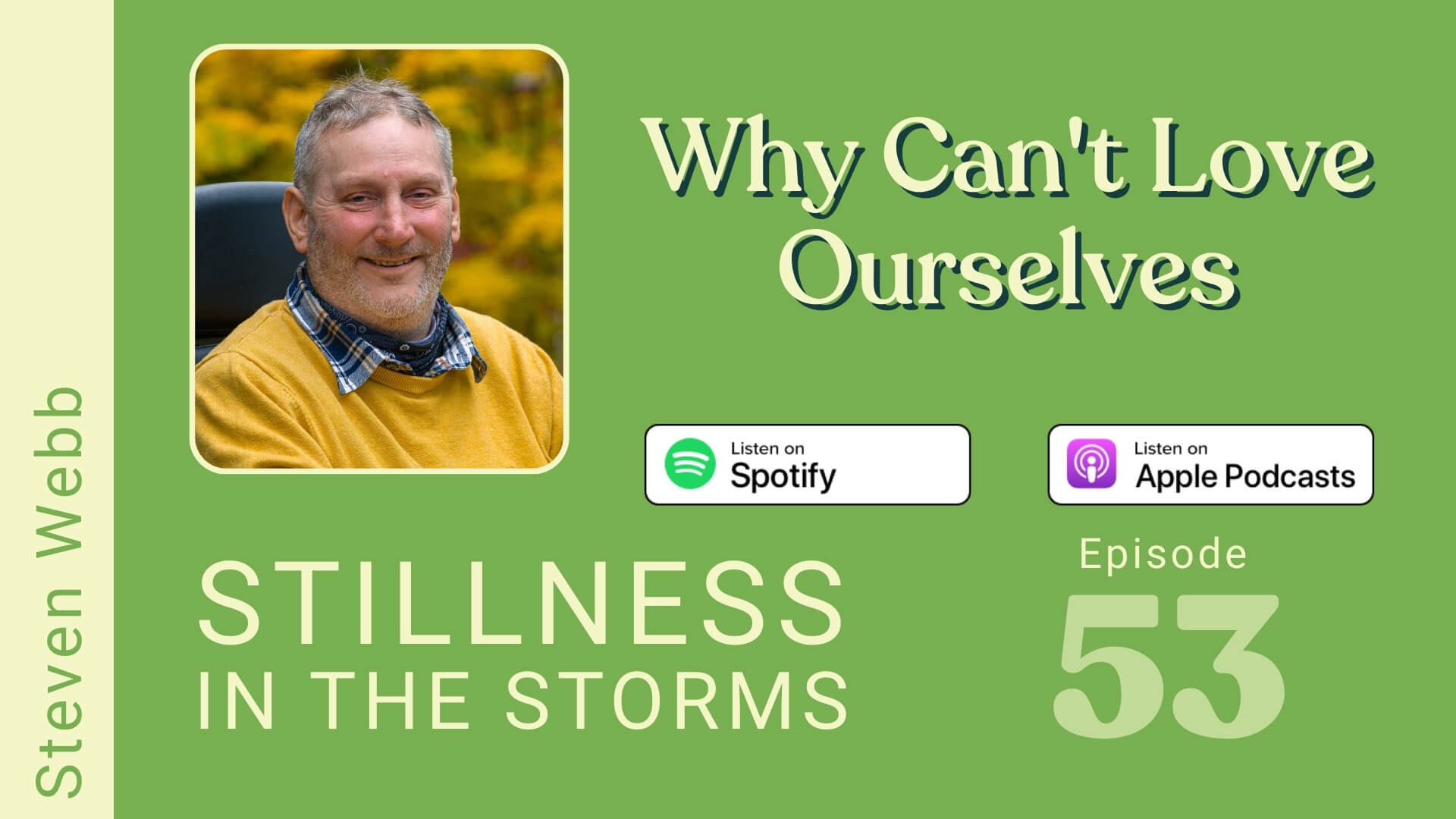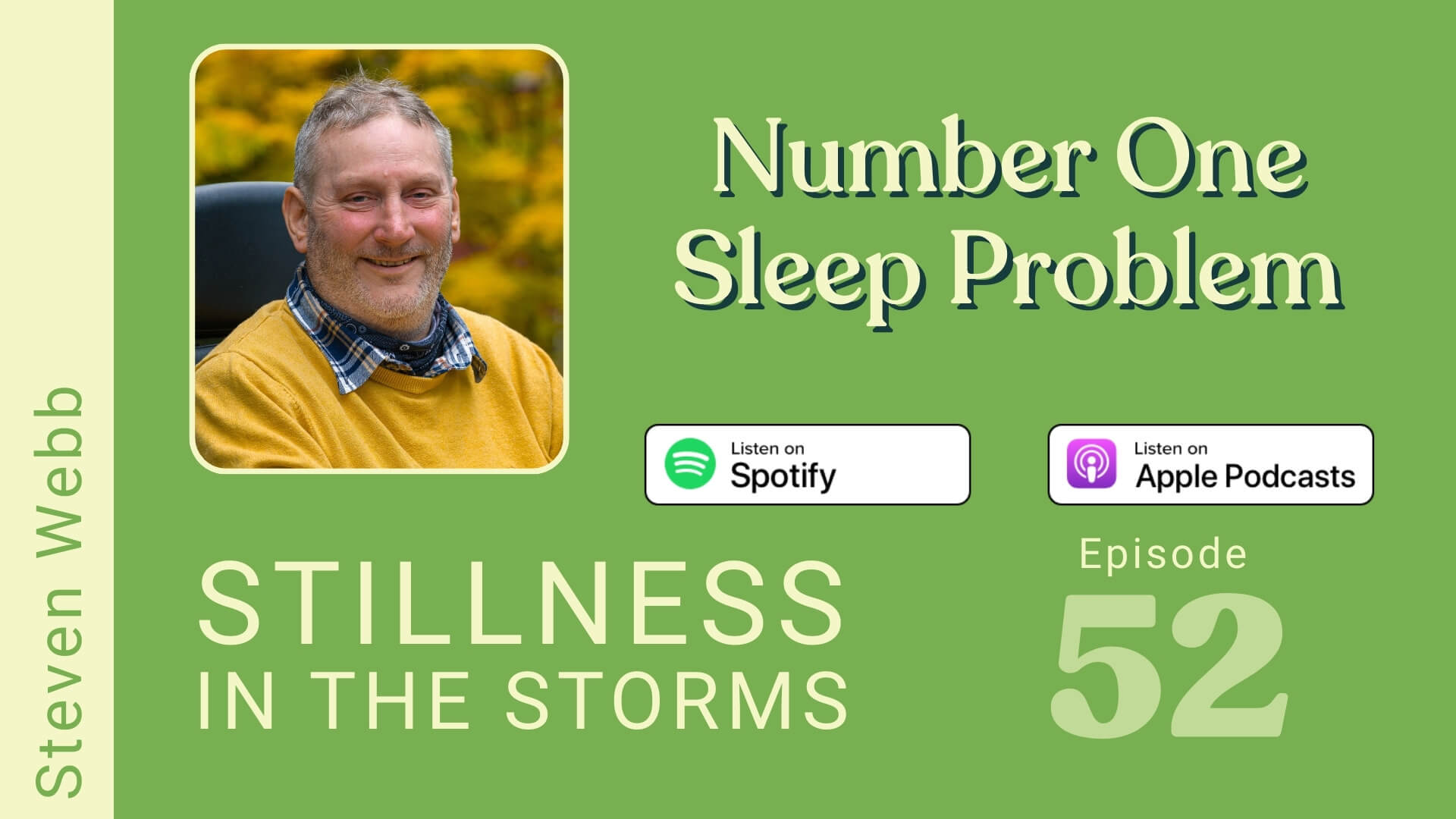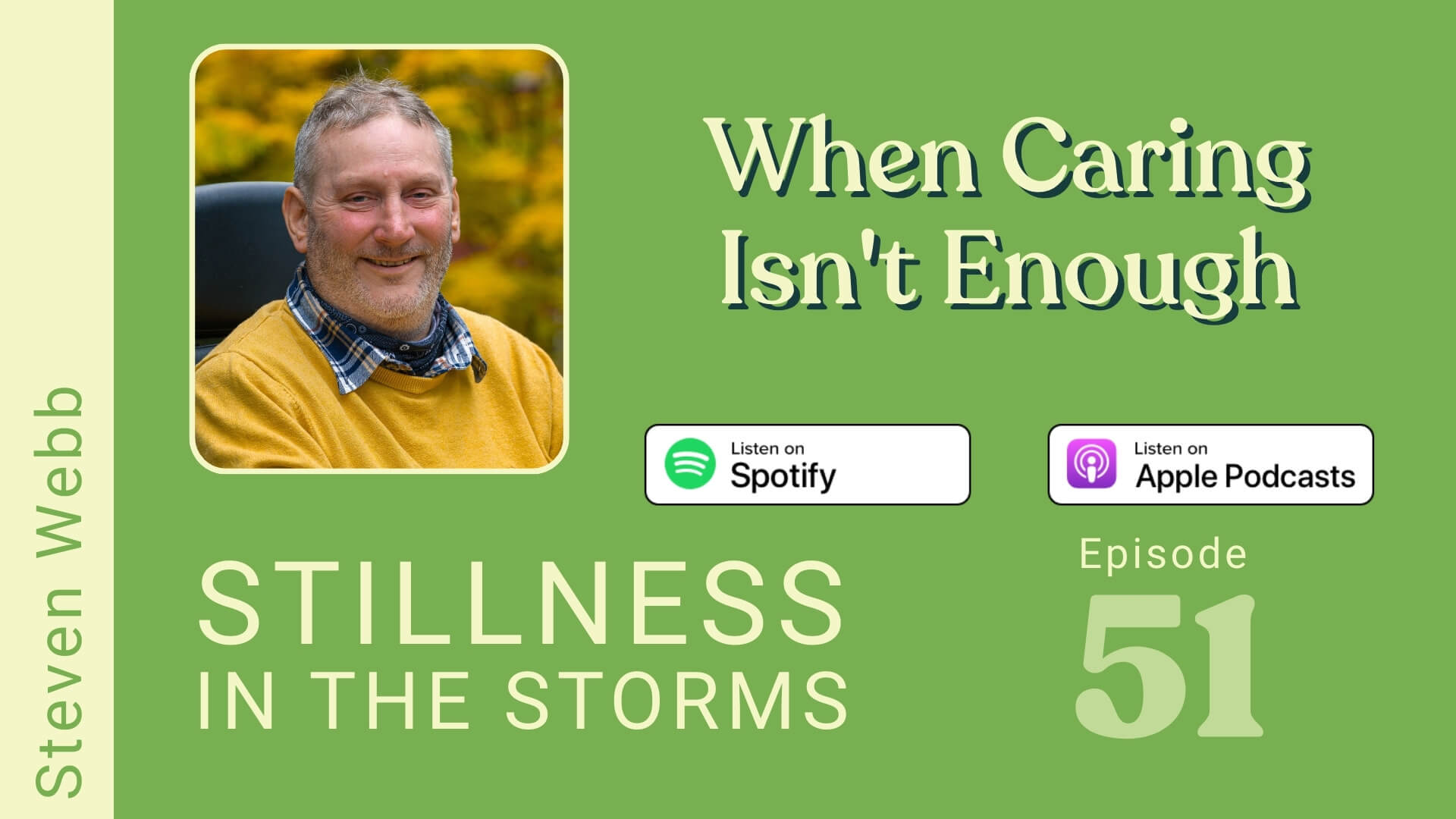Morning Gratitude for Yourself and All

Certainly, here’s the blog post template for your new guided meditation, “Morning Gratitude for Yourself and All.”
Links to Steven Webb’s podcast and how you can support his work.
- Donate paypal.me/stevenwebb
- Steven’s courses, podcasts and links: stevenwebb.uk
Start your day on a positive note with this guided gratitude practice, extending love and kindness to yourself and the universe.
Length of the Meditation:
10 minutes
Description:
“Morning Gratitude for Yourself and All” is a short yet potent guided meditation ideal for starting your day. Drawing on elements of Metta or loving-kindness meditation, this 10-minute practice will guide you to express gratitude first for yourself, then for others, and finally, extending that goodwill to the entire universe.
List of Benefits:
- Cultivates a positive mindset for the day ahead
- Strengthens feelings of self-love and self-worth
- Enhances empathy and compassion towards others
- Nurtures a broader sense of connection with the universe
- Provides a grounding start to your morning
Time of Day:
Perfect for mornings to set a positive tone for the day ahead.
Difficulty Level:
All levels. This meditation is universal in its approach and suitable for anyone interested in cultivating gratitude and loving-kindness.
Instructions:
- Find a peaceful spot where you can sit undisturbed.
- Adopt a comfortable seated position.
- If using headphones, make sure the cable is safely positioned away from your neck.
- Close your eyes, take a few grounding breaths, and prepare to delve into gratitude.
Equipment Needed:
- A quiet space for meditation
- Headphones (optional, but if used, ensure the cable is safely positioned)
Mentioned in this episode:
Donate or download 5 Simple Practices for Inner Peace
Donate or download 5 Simple Practices for Inner Peace
https://stevenwebb.uk
Guided Meditation to Reduce Stress and Anxiety

Feeling stressed or anxious? This meditation is your go-to for instant calm. Simple, but incredibly effective.
Links to Steven Webb’s podcast and how you can support his work.
- Donate paypal.me/stevenwebb
- Steven’s courses, podcasts and links: stevenwebb.uk
Length of the Meditation:
8 minutes
Description:
“Guided Meditation to Reduce Stress and Anxiety” is a straightforward and highly effective meditation focusing on breath control. With each inhalation, you breathe in calmness, and with each exhalation, you release tension. Designed to be quick and easy, this 8-minute meditation is perfect for anyone—expert or not—who wants to reduce stress and anxiety to a more manageable level.
List of Benefits:
- Instantly reduces feelings of stress and anxiety
- Promotes mental clarity and focus
- Instills a sense of calm and relaxation
- Simple enough for beginners yet effective for all
- Encourages mindful breathing as a tool for emotional regulation
Time of Day:
Suitable for any time you feel stressed or anxious and need quick relief.
Difficulty Level:
All levels. Designed with simplicity in mind, making it accessible for everyone.
Instructions:
- Find a quiet place where you won’t be disturbed.
- Sit or lie down in a comfortable position.
- If using headphones, ensure the cable is safely positioned away from your neck.
- Close your eyes and focus on your breathing, following the guide for inhaling calm and exhaling to relax.
Equipment Needed:
- A quiet space
- Headphones (optional, but if used, ensure the cable is safely positioned)
Mentioned in this episode:
Donate or download 5 Simple Practices for Inner Peace
Donate or download 5 Simple Practices for Inner Peace
https://stevenwebb.uk
Why Is It so Difficult to Love Ourselves?

Do you find it difficult to love yourself? Forgive yourself? You are not alone. One of the hardest things I’ve found my whole life is the ability to love myself.
Why is it so difficult to love ourselves?
I answer that question on today’s podcast, and I think it’s something that when we really become aware of this realisation, we might start to actually cultivate that compassion that we do need to be able to love ourselves.
Healing and Loving Your Inner Child

This meditation will guide you through a transformative journey to reconnect with your inner child and heal the wounds that may be affecting your adult life.
Links to Steven Webb’s podcast and how you can support his work.
- Donate paypal.me/stevenwebb
- Steven’s courses, podcasts and links: stevenwebb.uk
Length of the Meditation:
15 minutes
Description:
“Healing and Loving Your Inner Child” is an evocative guided meditation that aims to facilitate self-love and self-forgiveness by connecting you to your inner child. It takes you deep into your heart, allowing you to experience the love your adult self can offer your inner child. This journey creates a powerful loop of love and safety that you can carry into your daily life. Ideal for those struggling with self-love, self-acceptance, and forgiveness.
List of Benefits:
- Facilitates self-love and self-acceptance
- Promotes emotional healing from past wounds
- Deepens your connection with your inner child
- Instills a sense of safety and emotional security
- Empowers you to forgive yourself and others
Time of Day:
Best suited for anytime you feel a need for emotional healing and self-love.
Difficulty Level:
All levels. Whether you’re just dipping your toes into meditation or you’ve been practising for years, this meditation has something profound to offer you.
Instructions:
- Create a quiet and comfortable space free from distractions.
- Sit down or lie down in a relaxed position.
- If using headphones, make sure the cable is safely positioned away from your neck.
- Close your eyes, take a few deep, grounding breaths, and prepare to journey inward.
Equipment Needed:
- A comfortable space to sit or lie down
- Headphones (optional, but if used, ensure the cable is safely positioned)
Mentioned in this episode:
Donate or download 5 Simple Practices for Inner Peace
Donate or download 5 Simple Practices for Inner Peace
https://stevenwebb.uk
Deep Sleep Guided Meditation

Unlock the secret to restful sleep with this meditation that’s garnered over 1 million listens. Your key to deep, rejuvenating rest awaits.
Links to Steven Webb’s podcast and how you can support his work.
- Donate paypal.me/stevenwebb
- Steven’s courses, podcasts and links: stevenwebb.uk
Length of the Meditation:
59 minutes
Description:
With over a million listens, the “Deep Sleep Guided Meditation” has proven its efficacy in helping people drift into restful sleep. Starting with instructions on setting the ideal ambience for sleep, it moves onto tension-releasing stretching exercises, before culminating in gentle guidance that lulls you into slumber. The more you engage with this 59-minute meditation, the quicker you’ll find yourself falling asleep.
List of Benefits:
- Promotes deep, restorative sleep
- Reduces the time it takes to fall asleep
- Relaxes both body and mind through stretching and release exercises
- Cultivates a peaceful and sleep-conducive environment
- Builds a sleep-friendly routine that improves over time
Time of Day:
Best used right before bedtime to prepare your mind and body for restful sleep.
Difficulty Level:
All levels. This meditation is for anyone who desires better sleep quality.
Instructions:
- Ensure your bedroom is cool, dark, and free of distractions.
- Position yourself comfortably in your bed.
- If using headphones, make sure the cable is safely positioned away from your neck.
- Close your eyes and follow the guided exercises to set the mood, stretch, release tension, and ultimately fall asleep.
Equipment Needed:
- A comfortable bed
- Headphones (optional, but if used, ensure the cable is safely positioned)
The Log Cabin: Deep Sleep Meditation

This meditation will help you to relax into a perfect deep sleep that your body needs for healing and waking up fresh and feeling alive.
Links to Steven Webb’s podcast and how you can support his work.
- Donate paypal.me/stevenwebb
- Steven’s courses, podcasts and links: stevenwebb.uk
Length of the Meditation:
24 minutes
Description:
“The Log Cabin: Deep Sleep Meditation” is a narrative-driven guided meditation designed to lull you into a deep and restful sleep. Beginning with gentle stretching exercises to relax your body, the meditation transitions into a soothing story that creates an atmosphere of peace and security. This meditation is suitable for anyone seeking a better night’s sleep, regardless of their experience level with meditation.
List of Benefits:
- Eases you into a deep, restorative sleep
- Reduces nighttime anxiety and stress
- Promotes mental clarity by calming an overactive mind
- Helps to improve sleep quality over time
- Creates a sense of peace and security
Time of Day:
Best suited for nighttime, right before you intend to go to sleep.
Difficulty Level:
All levels. Whether you’re new to meditation or an experienced practitioner, this meditation is designed to help anyone improve their sleep.
Instructions:
- Make sure your bedroom is cool, dark, and quiet.
- Remove any distractions such as electronic devices.
- Position yourself comfortably in your bed.
- If using headphones, ensure the cable is safely away from your neck to prevent any hazards.
- Close your eyes and take a few deep breaths to prepare for the meditation.
Equipment Needed:
- A comfortable bed
- Headphones (optional, but if used, ensure the cable is positioned safely)
Mentioned in this episode:
Donate or download 5 Simple Practices for Inner Peace
Donate or download 5 Simple Practices for Inner Peace
https://stevenwebb.uk
Why can’t I sleep? #1 reason you Cannot Fall Asleep!

In this podcast you will uncover the number one reason you can’t fall asleep. Additionally, I will share a few more common reasons you may experience insomnia.
Link to the full article Why can’t I fall asleep? – #1 Reason you cannot fall asleep! Which is a bonus has My brand-new story meditation: The Log Cabin: Deep Sleep Meditation
When Caring is Not Enough! Biden, Inauguration and Elvis
Links to Steven Webb’s podcast and how you can support his work.
- Donate paypal.me/stevenwebb or Coffee stevenwebb.uk
- Steven’s courses, podcasts and links: stevenwebb.uk
We dive into the big difference between caring and compassion today. I’ve been reflecting on the last four years, especially how unexpected it was to see Donald Trump become president. It felt surreal every time I woke up and thought, “Wow, he’s still in charge.” But now, with Biden’s inauguration, it feels like compassion is making a comeback in politics. We talk about how nobody’s perfect and how those little flaws can actually show the depth of our humanity, like when we stumble over words or get emotional. It’s all about recognizing that being perfectly imperfect is what truly connects us and that we should embrace our flaws with kindness.
We all care, we don’t all have compassion. And what does it mean to be real and genuine? It means to be flawed which results in perfection.
Episode I mention is Revision History: Analysis, Parapraxis, Elvis
Reflecting on the past four years, we dive deep into the unexpected journey of American politics, specifically the surprising rise of Donald Trump and the lessons learned along the way. It’s a wild ride of emotions, from disbelief to a strange obsession with the daily happenings of the presidency. As we approach a new administration with Joe Biden, there’s a sense of hope that compassion might return to politics. We explore the difference between caring and compassion, emphasizing that no one is perfect, including ourselves. Through personal anecdotes and reflections, we illustrate how compassion in leadership can lead to understanding and resilience, highlighting the importance of recognizing our shared flaws as human beings. The conversation flows into the concept of being ‘perfectly imperfect,’ using examples from music and personal experiences to show that true connection comes from our vulnerabilities rather than our flawless performances.
Takeaways:
- Four years ago, I never thought Donald Trump would actually become president, but here we are.
- I’ve learned that everyone makes mistakes and nobody is perfect, including myself.
- Caring is about wanting things to be right, but compassion goes deeper than that.
- Compassion is what we need in leadership today, not just caring or perfection.
- Elvis’s imperfect performances remind us that true emotion matters more than flawless execution.
- We all have flaws, and that’s what makes us perfectly imperfect human beings.
When Caring is Not Enough! Biden, Inauguration and Elvis

We all care, we don’t all have compassion. And what does it mean to be real and genuine? It means to be flawed which results in perfection.
Episode I mention is Revision History: Analysis, Parapraxis, Elvis
My 25% Rule to Help You Grow Consciously
Links to Steven Webb’s podcast and how you can support his work.
- Donate paypal.me/stevenwebb or Coffee stevenwebb.uk
- Steven’s courses, podcasts and links: stevenwebb.uk
Today, we’re diving into how to expand our awareness and step out of our comfort zones. It’s all about growth and understanding ourselves better. I share my own experiences from politics, where listening to different perspectives has really opened my eyes. It’s not always easy, but I’ve learned that understanding others can help us grow. By engaging with people who think differently, we can find new insights and peace in our own lives. So, let’s explore how we can do this together!
We all want to get out of my comfort zone, but we fear the risk it involves. What if there’s a way we can grow consciously, grow our awareness by stepping out of my comfort zone but without too much of a risk?
This week on Stillness in the Storms, we dive into the idea of expanding our awareness and stepping out of our comfort zones. We start with some thought-provoking questions that make you ponder if you truly want to grow and learn about yourself. It’s not just about facing fears; it’s about finding new perspectives and experiences that can help us grow as individuals. We chat about how stepping into unknown territory is crucial for personal development, and how sometimes the best way to achieve this is by engaging with people who hold different beliefs than our own. It’s all about balance—spending time with like-minded folks while also challenging ourselves with opposing viewpoints. By doing this, we can become more well-rounded individuals and gain deeper insights into the world around us.
Takeaways:
- This podcast episode focuses on finding peace and resilience during tough times.
- It’s essential to step outside of our comfort zones for personal growth and awareness.
- Listening to differing opinions can help broaden our perspective and understanding.
- Engaging with those who think differently enriches our lives and promotes empathy and compassion.
